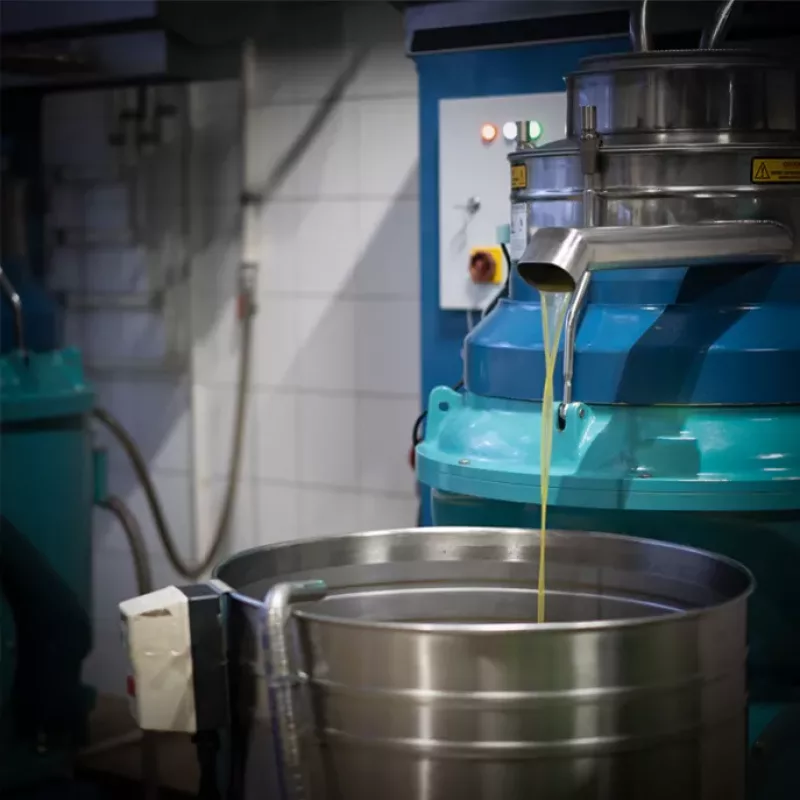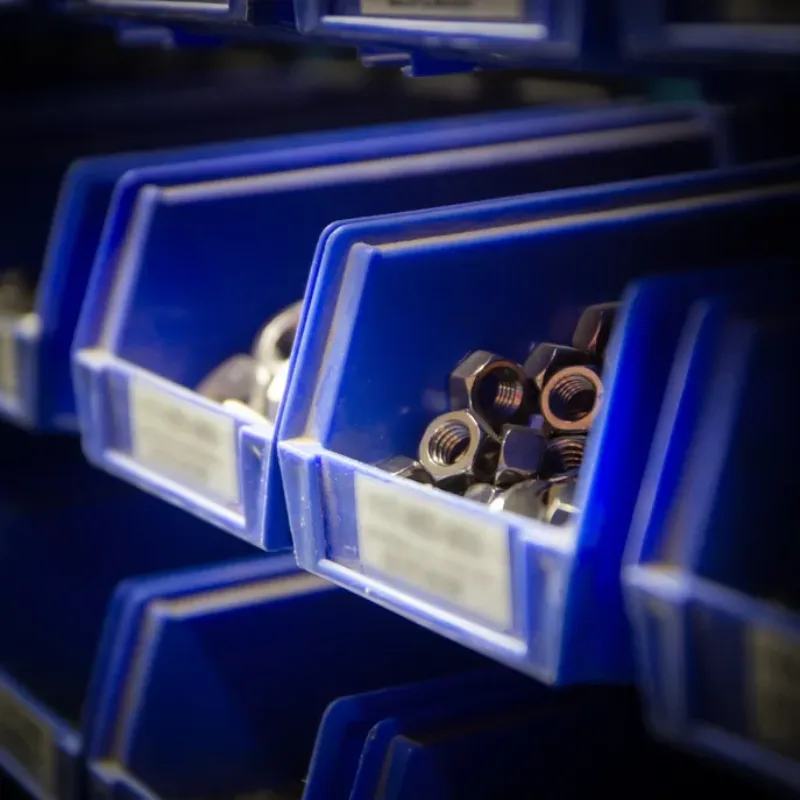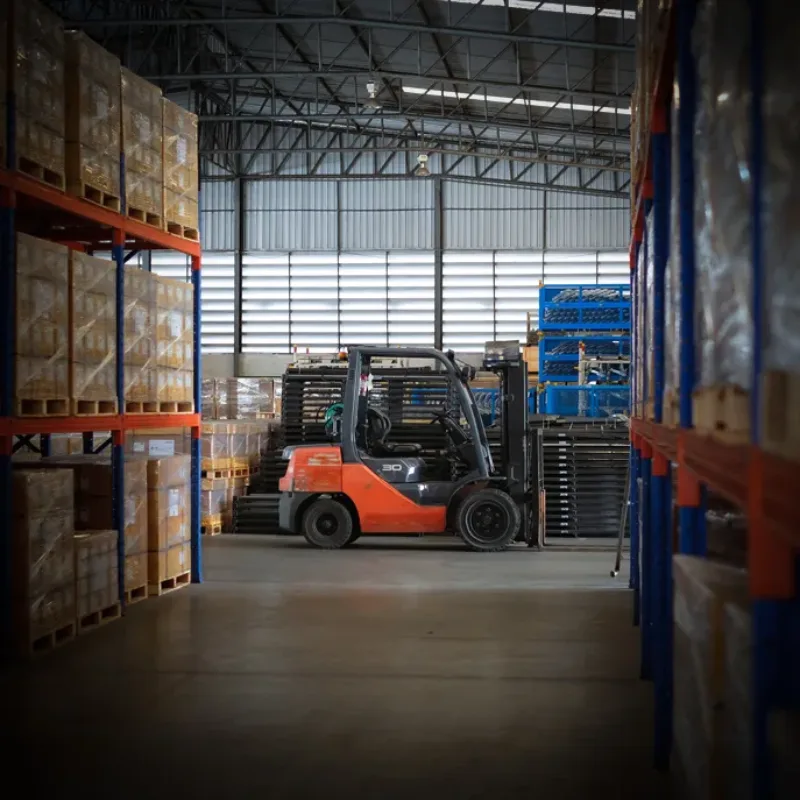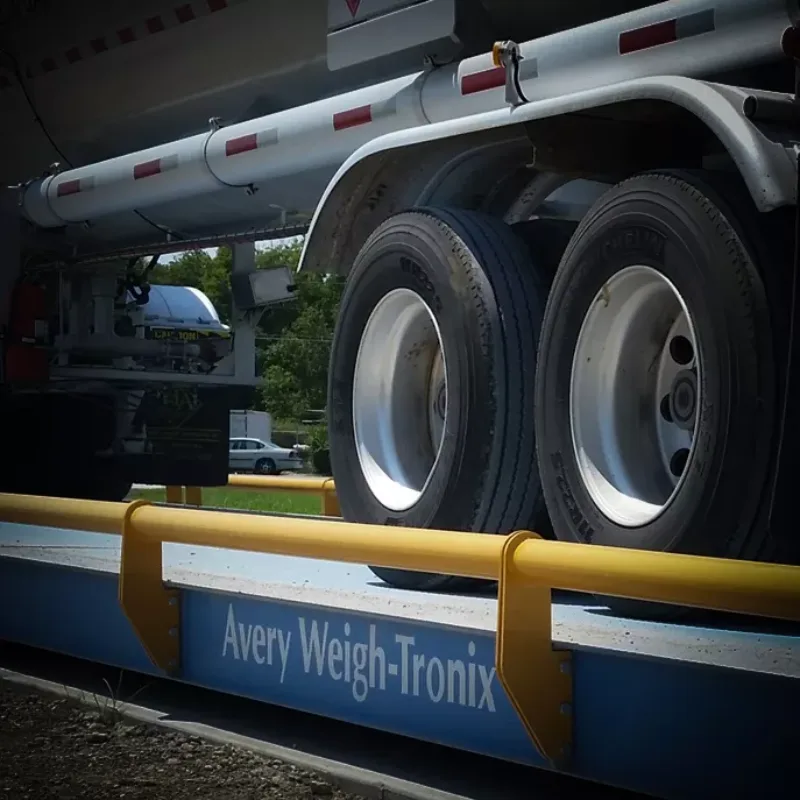By accurately measuring the weight of parts, such as engine components, chassis components, and body panels against set quality parameters, manufacturers can detect variations and deviations from specifications, helping to maintain product quality and reliability.
Scales and weighing systems for automotive manufacturing
The automotive manufacturing industry is driven by cost and time efficiencies, tight timeframes, quality and safety. All of these factors require accurate and reliable scales and weighing systems. They are often connected to sophisticated software or indicators, to create a weighing and recording system to meet most performance requirements, as well as provide any necessary compliance.
Component manufacturers supplying automotive assembly lines, and the vehicle assemblers themselves will use scales and checkweighers to ensure inventory management and detect variations and deviations from specification, which maintains product quality and upholds safety compliance.
Accurate scales in automotive manufacturing facilities can deliver time and cost savings by ensuring the correct volume of components are delivered to each assembly station, preventing bottlenecks and maintaining output quality.
Scales and weighing systems for the automotive manufacturing sector must be durable enough for high use, and reliable enough to need minimal maintenance. Uptime is essential for this sector, meaning weighing systems must be easy to care for, and robust enough to work with optimal accuracy throughout their operational lifespan.
Accurate and reliable scales are essential for automotive manufacturers to meet regulatory compliance. These include vehicle weight limits, emissions standards, and other requirements imposed by government authorities and industry organisations.
The weight of vehicle components directly impacts vehicle performance, fuel efficiency, and handling characteristics. By accurately measuring the weight of individual components and the assembled vehicle, manufacturers can optimise design parameters, such as weight distribution and centre of gravity, to enhance vehicle performance and efficiency.
When designing new vehicles, accurate weight measurements help engineers assess the impact of design changes, evaluate vehicle dynamics, and validate performance characteristics during the development lifecycle.
Checkweighing is often used to ensure that each workstation along the assembly line receives the correct components. By accurately weighing parts and subassemblies, manufacturers can prevent bottlenecks, minimise downtime, and optimise production throughput on the assembly line.
Solutions for Manufacturing
Speak to an expert
Speak to one of our weighing experts to find the right solution for your business

















